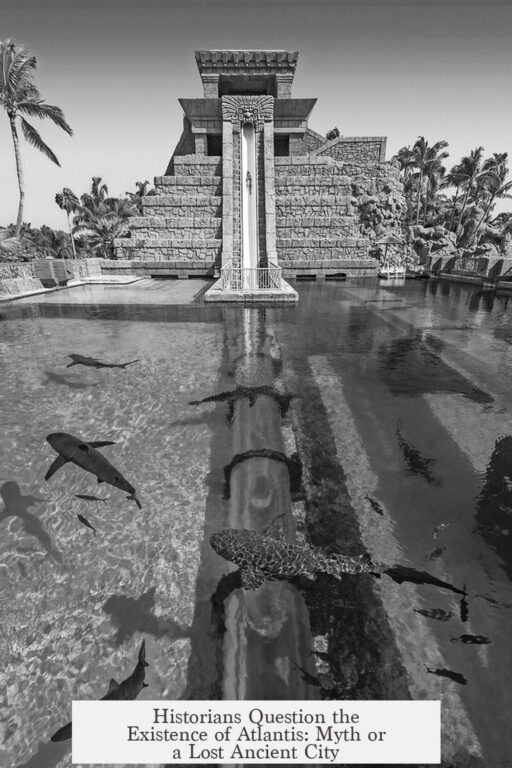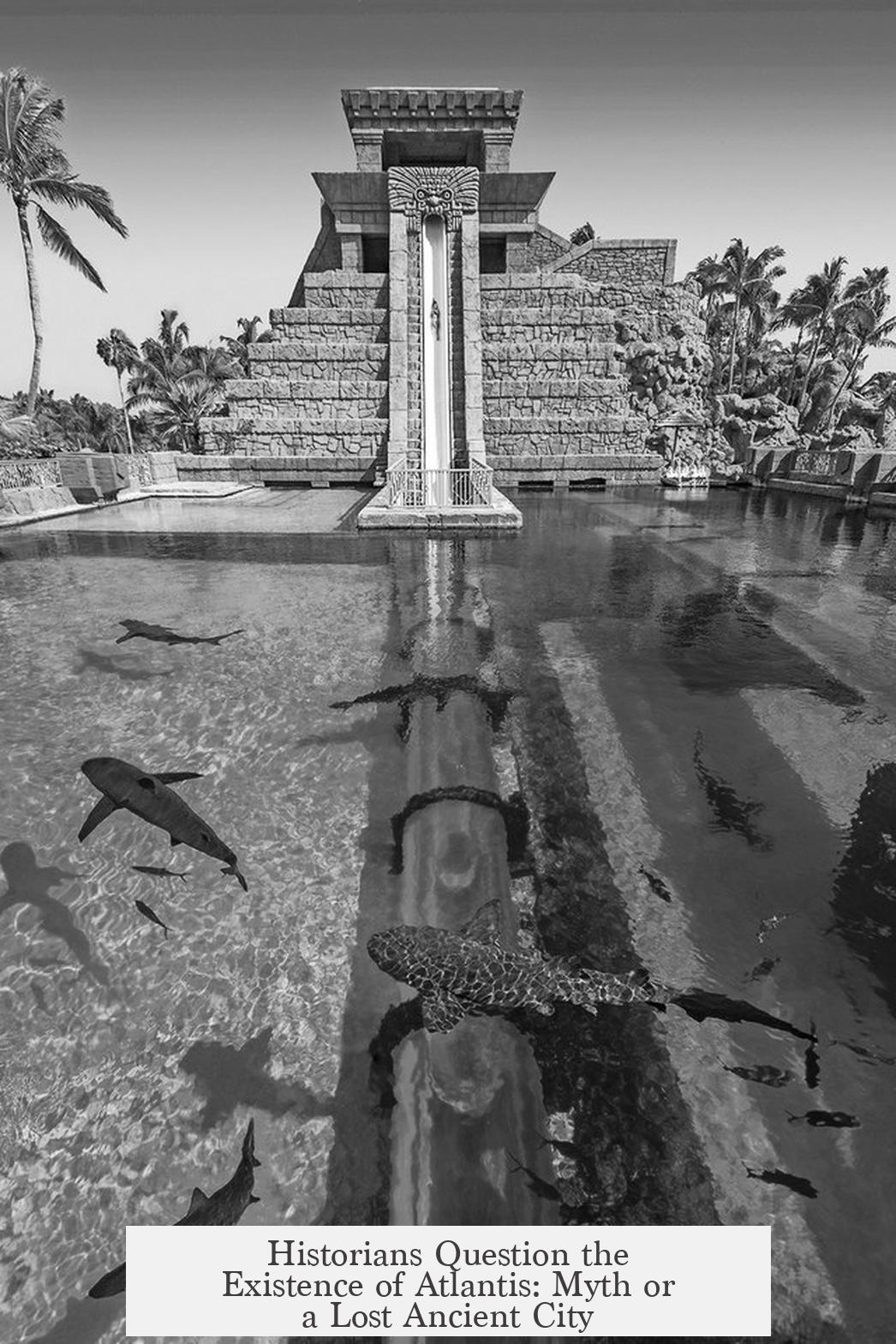Historians do not have any credible evidence to support the existence of the lost ancient city of Atlantis. The consensus among respected historians is that Atlantis is a myth created by the Greek philosopher Plato. It serves as an allegorical story rather than a record of a real place.
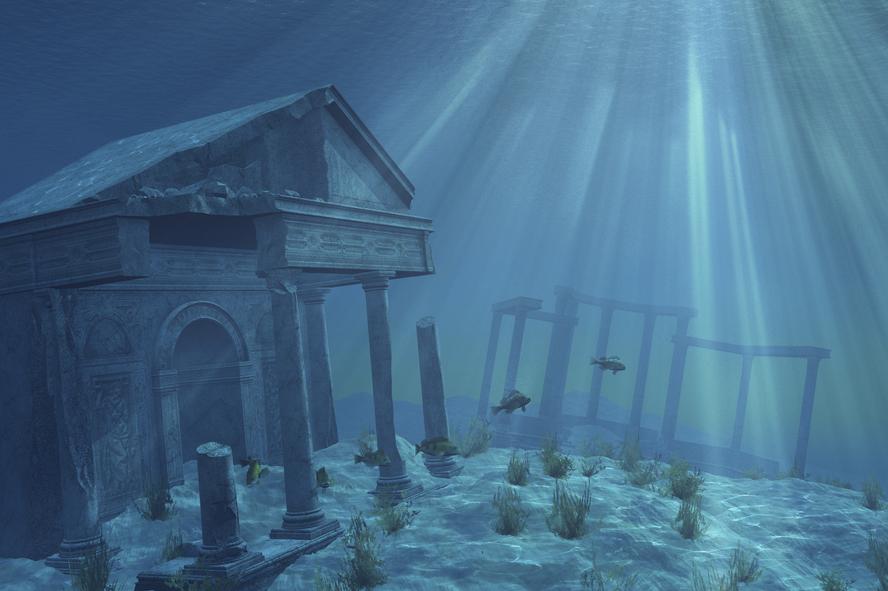
The story of Atlantis appears first in Plato’s dialogues “Timaeus” and “Critias,” written around 360 BCE. Plato described Atlantis as a powerful island nation that existed about 9,000 years before his time and ultimately sank into the ocean. Scholars widely agree this narrative was a philosophical device to discuss political and moral ideas related to Athens and its society.
No archaeological evidence or historical data has ever verified the existence of Atlantis. Unlike ancient cities like Troy or Pompeii, no ruins, artifacts, or contemporaneous records connect to Atlantis outside of Plato’s writings. This absence of evidence leads historians to classify it firmly as legend.
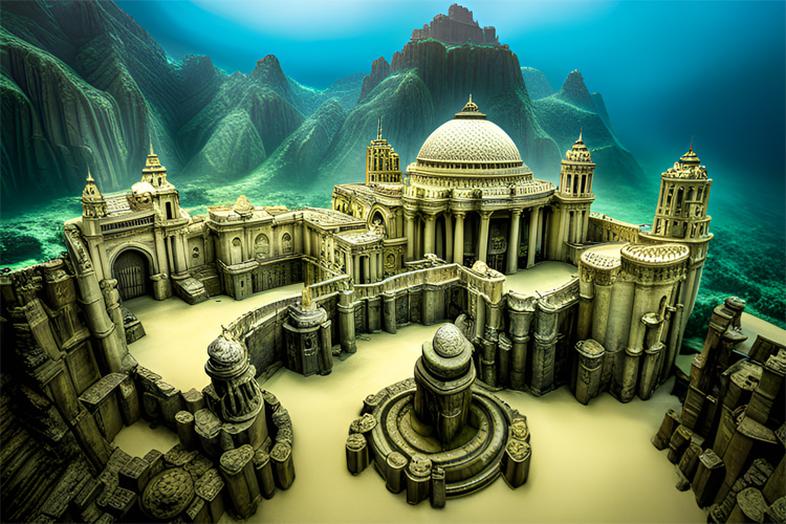
Despite this, the Atlantis story has generated many speculations and theories. Popular culture often portrays it as a mysterious lost civilization. Documentaries, novels, and games sometimes depict Atlantis with extravagant detail, but these depictions lack academic support and often mix fact with fiction or pseudo-history.
The fascination with Atlantis can lead people toward sources that promote unverified claims or conspiracy theories. It is important to approach such information cautiously and rely on established historical methods and evidence.

| Aspect | Reality |
|---|---|
| Origin | Plato’s dialogues (“Timaeus” and “Critias”) |
| Historical Evidence | None credible or verifiable |
| Common Scholarly View | Myth and allegory, not historical fact |
| Popular Theories | Speculation, pseudo-history, entertainment |
- Atlantis likely originated as a philosophical story by Plato.
- No archaeological or historical evidence confirms its existence.
- Historians regard Atlantis as myth, not reality.
- Popular culture often blurs myth and fact without scholarly support.
- Critical evaluation is necessary to avoid pseudo-historical claims.
Do historians have any credible evidence about the existence of the lost ancient city of Atlantis? Is it purely myth or is it possible that this city may have existed years ago?
Short answer: No, historians do not have credible evidence that Atlantis ever existed. It is widely regarded as a myth, a fictional tale created by Plato as a narrative tool. But hey, the idea of a lost city is pretty tempting, isn’t it?

If you’ve lounged around watching documentaries or buried yourself in endless internet rabbit holes, you might feel Atlantis is just waiting to be discovered. Alas! The scholarly world leans heavily toward Atlantis being a gripping story rather than an archaeological reality.
Plato’s Atlantis: The Birth of a Legend
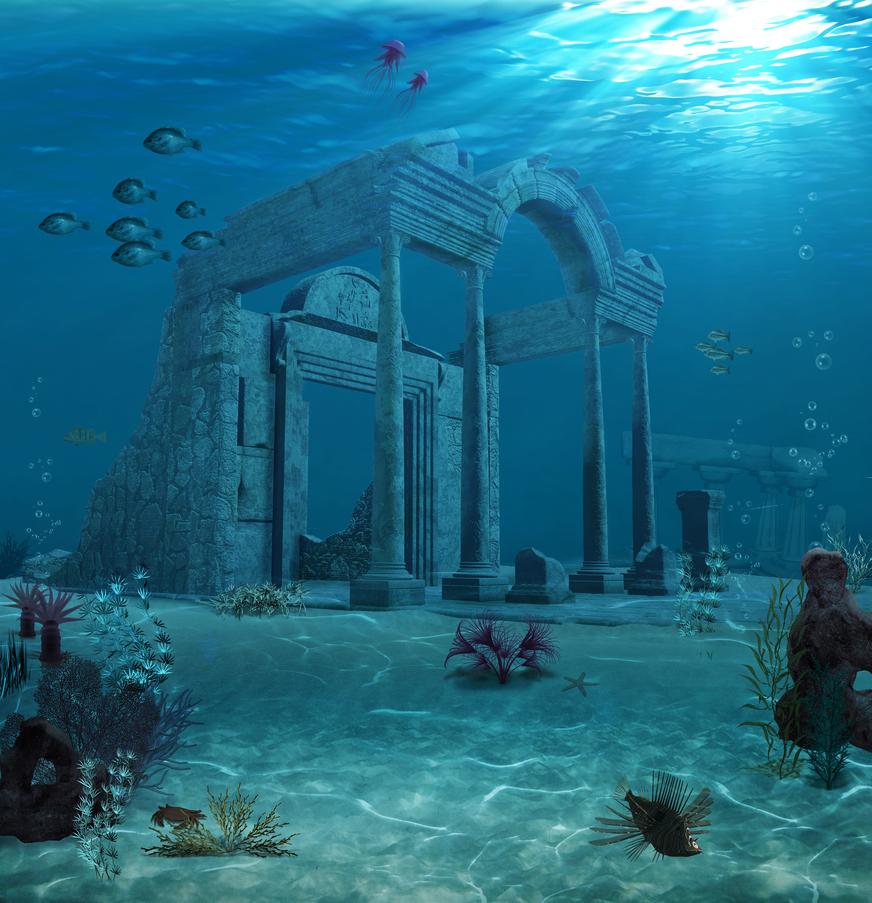
The legend of Atlantis first appears in the works of the ancient Greek philosopher Plato, around 360 BCE. In his dialogues, “Timaeus” and “Critias,” Plato describes an island nation that possessed astonishing power and advanced knowledge but sank beneath the sea due to its hubris and moral decay. Sounds like a blockbuster plot, right? But remember, Plato’s narratives blend philosophy, metaphor, and history in a way that aims to teach lessons more than recount facts.
In a fascinating Reddit discussion here, contributor u/KiwiHellenist highlights that Plato’s Atlantis story is generally understood to be allegorical. It serves as a critique of Athens’ political landscape, not a travel brochure for sunken cities.
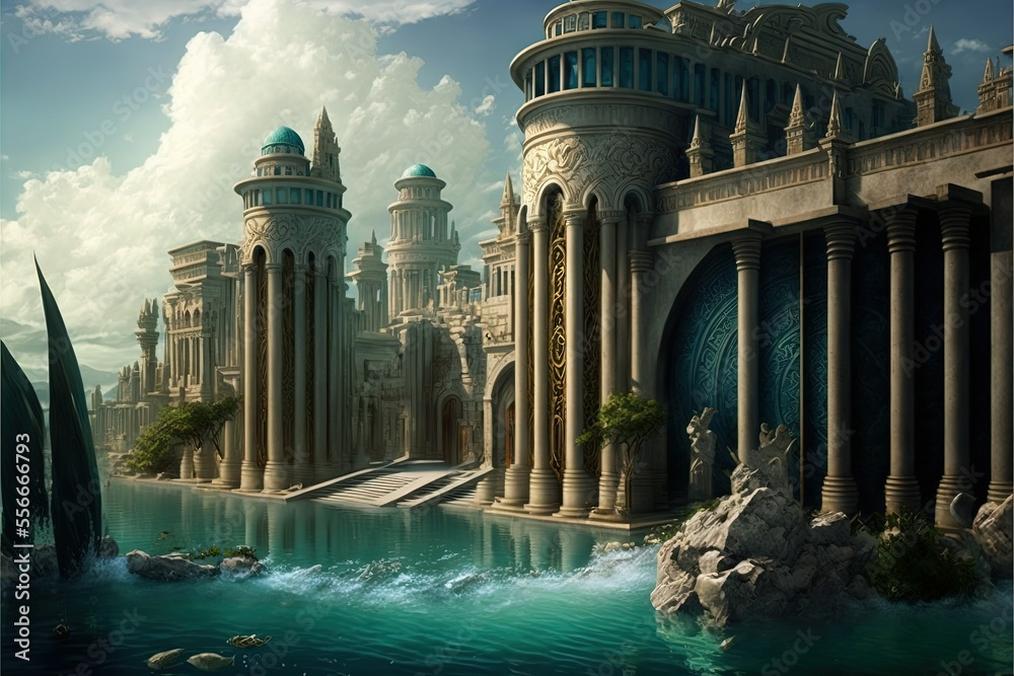
The Historical and Archaeological Perspective: Why Skepticism Rules
Historians and archaeologists extensively study ancient civilizations, driven by artifacts, ruins, and documented histories. With Atlantis, this evidence is absent. You won’t find respected historians lining up to back Atlantis’ existence because credible proof simply isn’t there. The “city” has no confirmed archaeological footprint, no artifacts, no ruins—except perhaps in the imaginations of many enthusiasts.

Here’s the sticky point: when something captures the imagination like Atlantis, people develop theories. Some argue it might link to real places like the Minoan civilization on Crete, which collapsed dramatically after a volcanic eruption. Others point to submerged lands, like the Bimini Road near the Bahamas. But researchers insist these connections are circumstantial at best and do not confirm the myth as historical fact.
Pop Culture vs History: When Fantasy Feels Real
In our media-saturated world, Atlantis enjoys a star-studded role. From ancient alien theories to fantasy games like “Age of Mythology,” the city is often portrayed as a lost advanced civilization with futuristic tech and mysterious powers.
These portrayals are entertaining. They hook us in with visuals of underwater temples and powerful kings. But, as one caveat underscores, all this is entertainment. Documentaries that veer into “ancient aliens” territory or suggest conspiracies to hide Atlantis usually lack factual grounding. They often confuse sensationalism with scientific inquiry.
So, if you love Atlantis stories, by all means, dive in! Just keep a floatation device of healthy skepticism handy. The same goes for those wild theories claiming Atlantis was real but hidden by secret societies or covered up by governments. Keep asking: “Where’s the evidence?” Spoiler alert: none yet!
Beware the Siren Song of Pseudo-History
One common pitfall is confirmation bias—wanting to believe something so badly that you ignore more plausible explanations. Humans love tales of mystery and lost knowledge. Atlantis scratches that itch perfectly. But as historians warn, feeding on pseudo-historical sources clouds judgment. It leads to accepting myths dressed up as truth.
Considering the overwhelming consensus: Atlantis stands as a legendary construct, not an archaeological fact. This doesn’t make the story any less fascinating. Mythologies shape cultures and inspire creativity. The real treasure in Atlantis may not be a sunken city but the rich imagination it sparks.
How to Explore Atlantis with a Critical Mind
- Read primary sources: Start with Plato’s actual writings. Understanding his philosophy helps decode why he tells the story of Atlantis.
- Seek reputable historians: Follow scholars and historians who specialize in ancient Greece and archaeology to get realistic perspectives.
- Question extraordinary claims: When you see documentaries promising secret truths or conspiracies, ask for proof and check the credentials of their sources.
- Enjoy the myth as myth: Appreciate Atlantis for its storytelling power, not as a missed archaeological site. It’s a mental adventure, not a historical fact.
So, is Atlantis purely myth, or could it have existed years ago?
In the final tally, Atlantis is best understood as a myth crafted by Plato. Despite tantalizing theories and popular tales, no historical or archaeological evidence currently convinces qualified historians that Atlantis was a real place. The city remains a symbol—an awe-inspiring idea about human hubris, lost grandeur, and imagination.
Would modern technology or future discoveries change this? Possibly, but the burden of proof lies with concrete evidence, not wishful thinking. The ocean is vast and mysterious, but that doesn’t mean every legend hiding beneath the waves is waiting to be uncovered.
Curious now? Maybe the true adventure is learning how myths like Atlantis weave into our culture and why they endure. After all, some cities live forever in stories, even if they never walk the earth beneath our feet.
